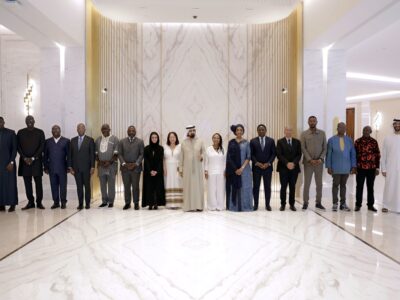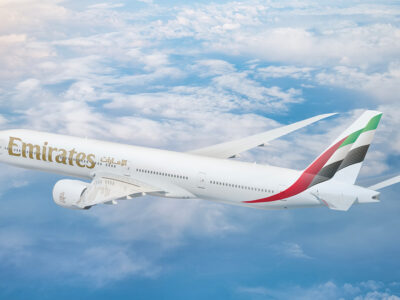Post-revolution Egypt has
emerged as a hotspot for illegal ivory trading aided by a surge in Chinese
buyers and a lack of reprisals against sellers, conservation agency Traffic
said.
A report by the not-for-profit
body said the rise in trade had been aided by new airline routes passing
through Dubai and on to Africa and the wider region, inadvertently carrying
ivory.
“A lot of ivory going to China goes through Dubai all the
time, it is a trade route.” said Tom Milliken, an
ivory trade expert at the agency. “All these airlines that have
pioneering routes between Africa and Asia they are inadvertently carrying
ivory, no question.”
Some 9,261 ivory items were
found on sale across Cairo and Luxor between March and April last year, despite
a 1990 ban on the import, export and display of ivory, the report said.
Research showed that the main
ivory buyers in 2011 were Chinese tourists and expatriates, with over half of
all ivory products bought by Chinese purchasers according to shopkeepers.
“Egypt came under pressure a number of years ago to really
cut back its trade, they had no elephants anymore. There was some progress, but
now it’s gone quiet,” said Milliken.
“It seems to be getting worse now the country is
experiencing political unrest. A lot of historical trade routes are being
reactivated, and there’s been a surge in trade because there’s been a growing
demand in China and Thailand.”
Egypt has long been one of the largest illegal markets for elephant
ivory in Africa, with tusks smuggled in mostly from Sudan and sold to ivory
workshops in Cairo.
According to the report, a lack
of police control across the North African state meant no inspections of local
markets and retailers were carried out between January and April 2011, and only
one inspection was made on Cairo’s main Khan al-Khalili market in 2010.
Only two ivory seizures had
taken place in Egypt since 2009, the report said; both at Cairo airport. There
have been no confiscations of ivory items from retail outlets since 2003.
This compares with 37 seizures
of ivory between 2000 and 2002, comprising 2,564 pieces of raw and semi-worked
ivory and 278 ivory items in various locations around the country.
Vendors told Traffic they could
sell up to 100 objects in a good month, with jewellery and small figurines
selling fastest.
One retailer said Chinese buyers
would sometimes spend $50,000 on ivory during one bargaining session, while
another said he had received $4,167 in a single sale.
Prices for ivory items in Cairo
range from $21 for thin rings and small cartouche pendants to $10,000 for large
heavy figures with detailed carving. Prices were lowest in the markets, and the
highest in luxury hotels, the research showed.
“Many of the products are really Egyptian – so they’re
rendering of Egyptian gods and goddesses, different mythological creatures, and
pharaohs,” said Miliken.
“Thailand and China are driving the trade in ivory. Now,
some countries’ populations [of elephants] are going down critically,
especially in Central Africa. In the Democratic Republic of Congo, we are told
there are only six [places] that have more than 500 elephants, and this is a
country that 15 to 20 years ago had something like 100,000.”







